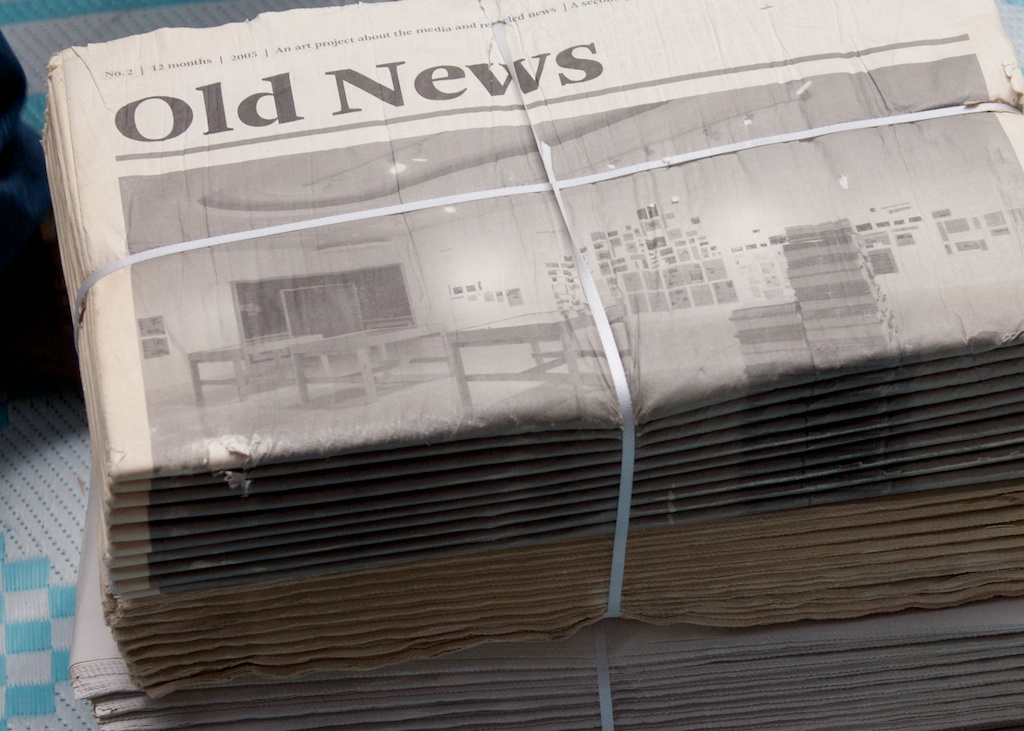As Spock, Leonard Nimoy played a pivotal role on the original Star Trek series and movies. Star Trek painted a picture of diversity - different races, cultures, and species working together to make things right in the universe. It served as a great example of the power of science fiction, especially as a young African American geek that struggled to see diversity in other forms of media that I love.
Sci-fi author Cerece Rennie Murphy had a great point about the power of sci=fi on the latest Black Girl Nerds podcast:
"It's all about what it means to truly be human, or to truly be a part of a community. What it means to stand alone and stand together. It's all this stuff that we are grappling with - cut straight to the chase. There may be aliens and space chases, but that's all window dressing. Science fiction is all about who you are, discovering you are, finding a way to be who you are in a world that's telling you to be something else.
That's something that we can all identify with. It can be hard to truly find yourself .Nimoy's characters always excels at displaying that struggle, whether as Spock or William Bell.
Even modern astronauts are influenced by this, especially given the international cooperation required in projects such as the International Space Station.
NASA Astronaut Mike Fincke and ESA European Space Agency Astronaut Luca Parmitano reflect on the inspiration that actor Leonard Nimoy's character Mr. Spock in the television series Star Trek had on scientists, engineers, space explorers and fans around the globe. For a high-resolution version: https://archive.org/details/150227LeonardNiimoy720p
Check out some other great images shared on Twitter to celebrate the passing of Leonard Nimoy.




